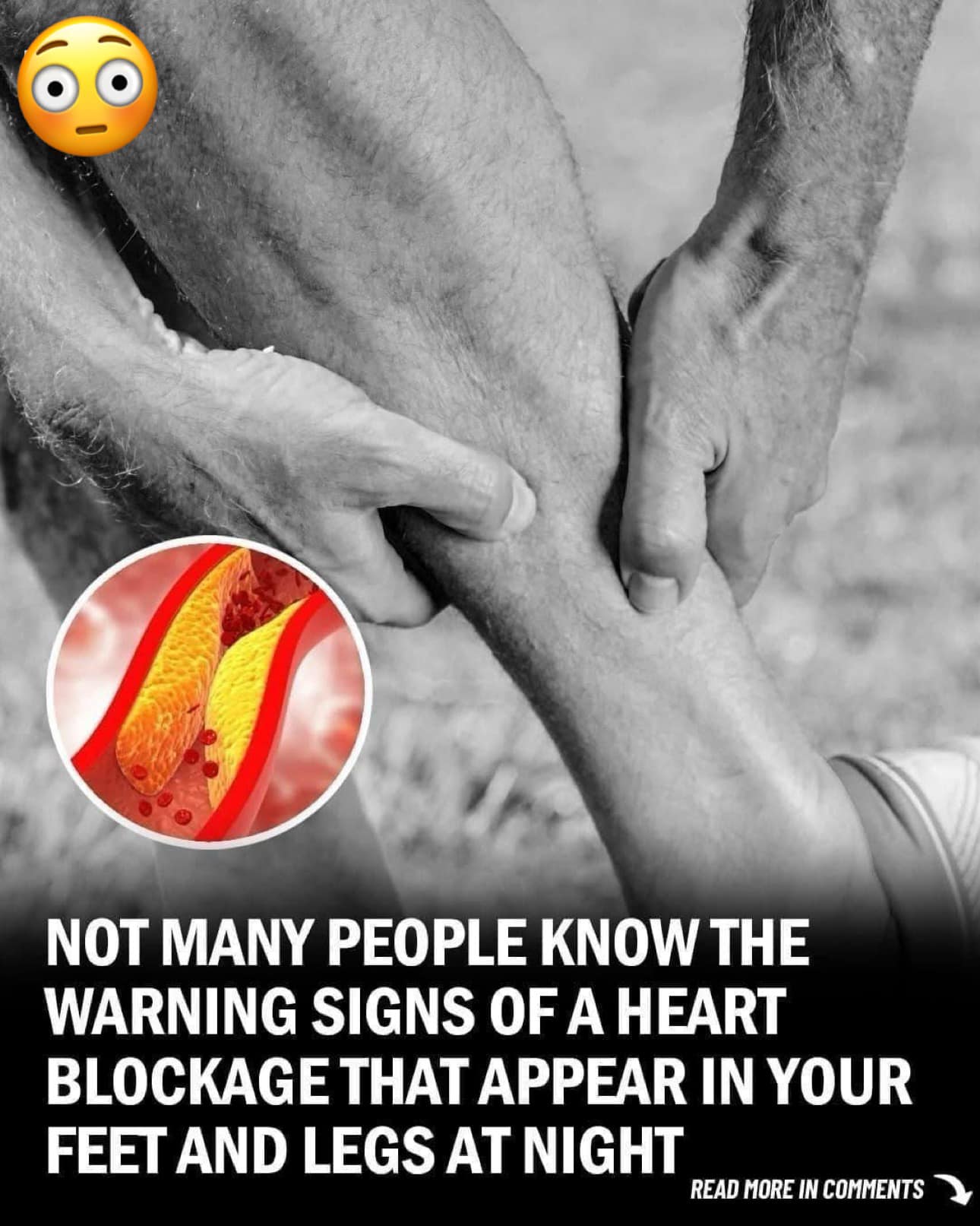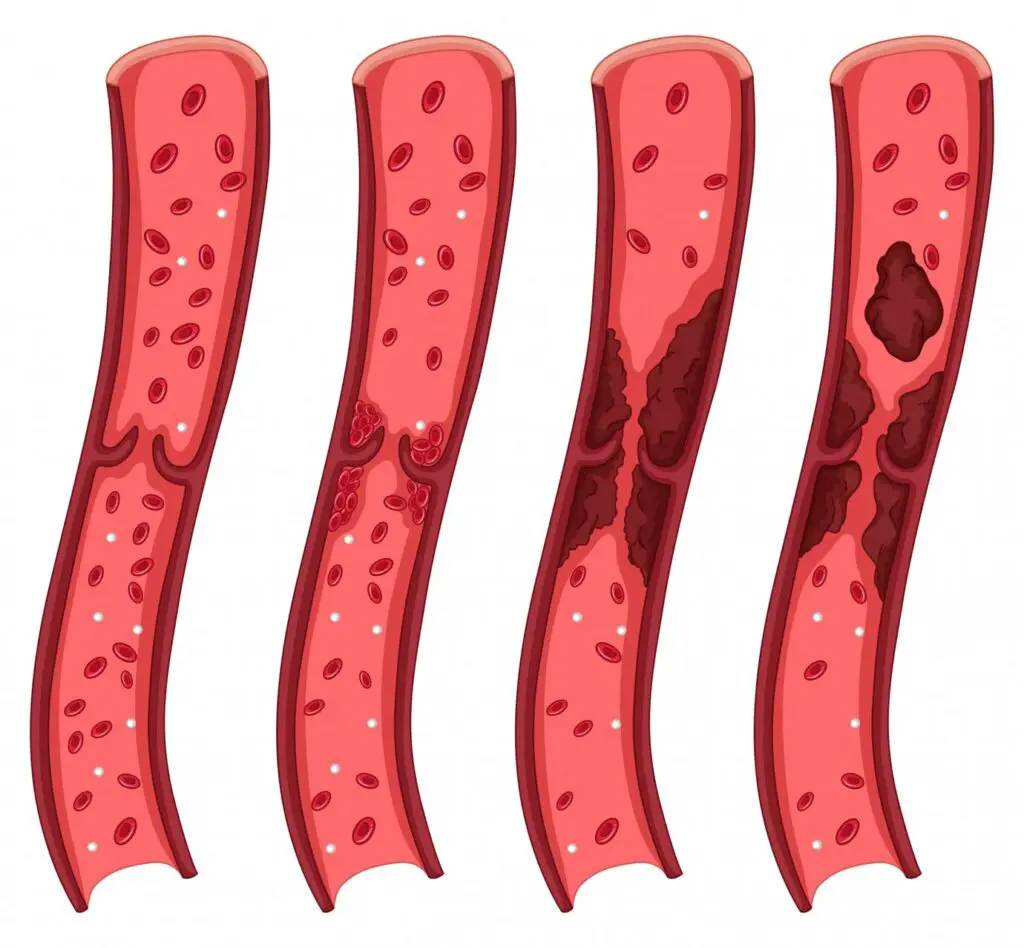
Your feet might not be the first thing that comes to mind when thinking about heart health, but they can reveal critical signs about your cardiovascular system.
Symptoms like pain, swelling, or numbness in your feet may signal serious heart issues, such as clogged arteries. Conditions like peripheral artery disease (PAD) and coronary artery disease (CAD) often show early symptoms in the feet, reflecting reduced blood flow caused by plaque buildup in the arteries.
How Foot Health Reflects Cardiovascular Health
Peripheral artery disease occurs when plaque accumulates in the arteries, limiting blood flow to extremities like the legs and feet. The Cleveland Clinic warns that PAD can cause pain, cramping, and even limb loss if untreated. Persistent leg cramps or difficulty standing for extended periods might indicate PAD, suggesting underlying heart health concerns due to clogged arteries.
Diagnosing Clogged Arteries
Early detection of PAD can prevent severe complications. Medical professionals use tests like foot pulse checks and ankle-brachial index (ABI) tests to diagnose blockages. The ABI compares blood pressure in the ankle and arm to detect poor circulation. If you have swollen feet or a family history of heart disease, seeking medical advice is essential for protecting your cardiovascular health.

The Consequences of Poor Circulation
Clogged arteries reduce oxygen supply to tissues, leading to poor circulation, which can cause pain, numbness, or slower wound healing in the feet. PAD and weak heart function can also contribute to peripheral edema, causing swollen feet and legs. People with diabetes face heightened risks, as elevated blood sugar levels can worsen foot pain and numbness. Managing blood sugar and staying vigilant about foot health are critical to preventing complications linked to heart health.
Preventing PAD and CAD
Adopting a heart-healthy lifestyle is key to reducing the risk of PAD and CAD. Regular exercise, avoiding smoking, and eating a balanced diet low in saturated fats are crucial. The U.S. Department of Health and Human Services recommends at least 150 minutes of moderate exercise per week. Additionally, managing blood pressure, cholesterol, and blood sugar levels with the guidance of a healthcare provider can help maintain cardiovascular health.
Heart Health and Foot Wellness
The relationship between heart and foot health is reciprocal. A healthy heart supports better blood flow to your feet, while staying active and eating well benefits both your cardiovascular and foot health. Preventing clogged arteries keeps your feet pain-free and functioning optimally. Regular medical checkups can help detect and address any conditions affecting both areas.

Conclusion
Your feet can provide vital clues about your heart health. Pain, swelling, or numbness in your feet might indicate serious cardiovascular concerns. By recognizing these signs and adopting preventive measures, you can protect both your heart and overall well-being. If you notice persistent foot issues, consult your doctor. Early action is critical to avoiding complications and maintaining an active, healthy lifestyle.







